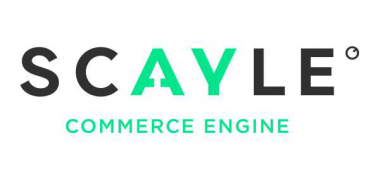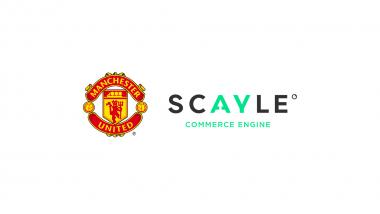SCAYLE: "Major Player" im IDC MarketScape
SCAYLE, Enterprise-Shop-System für B2C, wurde im IDC MarketScape “Worldwide B2C Digital Commerce Platforms for Midmarket Growth 2024 Vendor Assessment” als "Major Player" genannt.
IDC MarketScape ist ein führendes Tool zur Bewertung von Technologieanbietern, das detaillierte quantitative und qualitative Bewertungen in einer Vielzahl von Sektoren bietet.
SCAYLE wurde entwickelt, um schnell wachsenden Retailern mit großem Sortiment und komplexen Unternehmensanforderungen zu helfen. Die flexible Architektur umfasst integrierte modulare Services wie PIM, Marktplatz, Shop-Management, Checkout und OMS. Weitere Module können hinzugebucht werden, um speziellen Bedürfnissen von Retailern gerecht zu werden. SCAYLE unterstützt globale Marken wie Deichmann, Marc O'Polo und Manchester United.
SCAYLE










